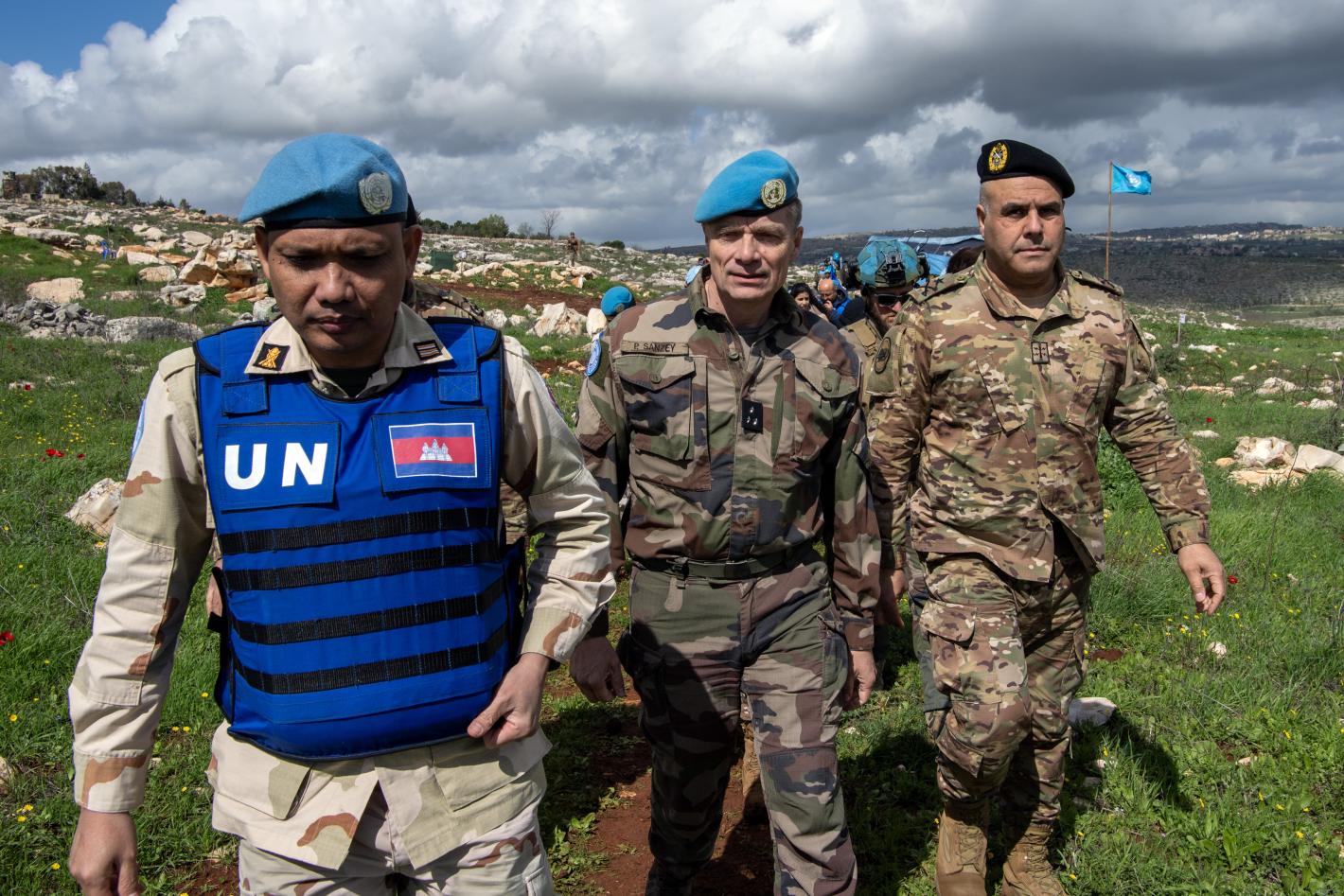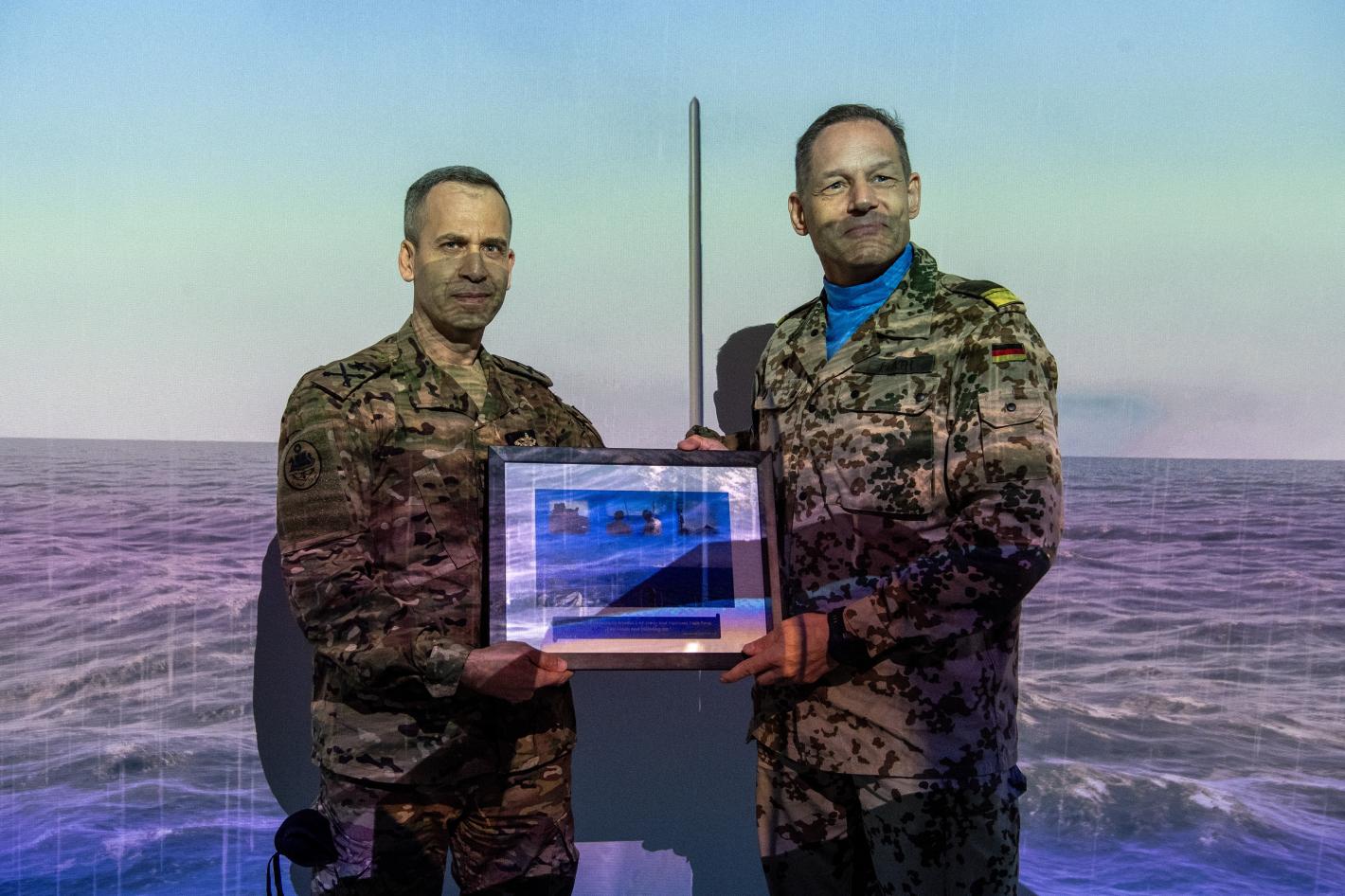A state-owned network of water distribution systems in south-western Lebanon got a new lease of life recently after a UNIFIL-funded project supplied the Tyre Water Bureau with much-needed equipment, tools and spare parts.
The 23 types of different items will be used to repair the aging network, which distributes water to more than 37,000 households or about 150,000 people in Tyre City, 40 nearby other villages and five refugee camps.
With this support, Tyre Bureau maintenance teams are already working to fix any breakdowns on the network, to maintain the main lines, water wells and pumping stations, and other infrastructure.
Since the exchanges of fire across the Blue Line started early October last year, the city of Tyre has been hosting thousands of internally-displaced people, putting an additional strain on the water distribution system.
“This extra demand created problems for us with the maintenance on the ground,” said Engineer Rawad Al-Oqla, Assistant Head of the Tyre Water Bureau. “(With the new equipment and tools) we save time, effort, and cost to be able to meet the needs of all people who are dependent on this water.”
A UNIFIL Civil Affairs Officer involved in facilitating this project, Nasser Sabbah, said this was an example of UNIFIL’s continued support to government institutions in south Lebanon.
“Maintenance teams are basically doing a tremendous job of providing this basic need for the local population, and this equipment increases their effectiveness to provide better services, especially since in the Tyre area, there is a large number of internally-displaced people and the demand for water has greatly increased,” said Mr. Sabbah.
Although there has long been an existing water distribution network in the Tyre Caza, it started catering to a significant number of people in the 1990s, following an end to the Lebanese civil war.
The repairing and maintenance of the network had stalled due to funding shortfalls especially after the recent economic crisis.
Engineer Al-Oqla believes that the new UNIFIL support has increased “our productivity.”






